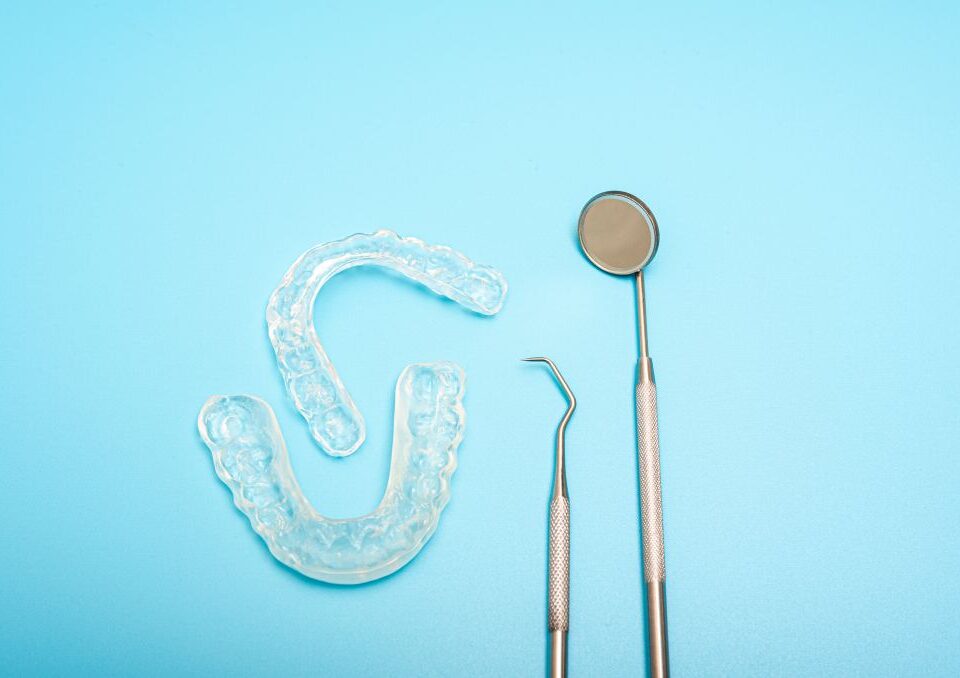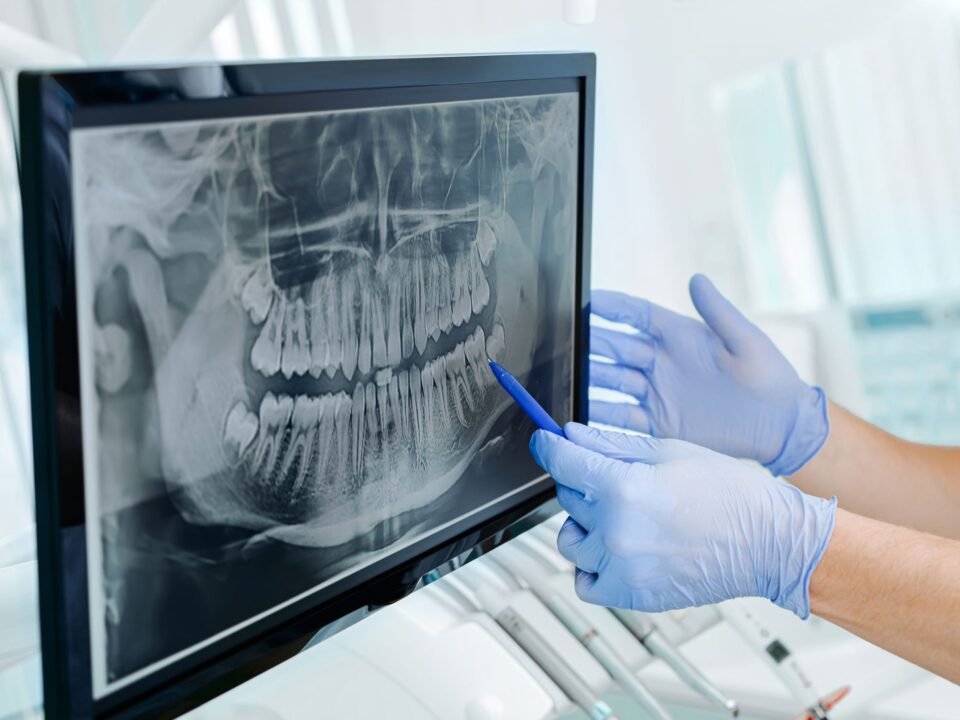Discover common signs of tooth infection and how to seek help
Maintaining good oral health is crucial for a happy and comfortable life. Yet, sometimes even with the best oral care routine, tooth infections can occur. These infections can be painful and lead to more serious health issues if left untreated. In this article, we’ll guide you through recognizing the signs of a tooth infection and when it’s time to seek endodontic treatment.
Understanding Tooth Infections
A tooth infection, also known as an abscessed tooth, occurs when bacteria enters the innermost part of the tooth, called the pulp. This can happen due to deep cavities, cracked teeth, or trauma. As the infection progresses, the body’s immune response triggers inflammation, leading to pain and discomfort.
Common Signs of a Tooth Infection
The following are some of the common signs of a tooth infection:
- Persistent Toothache: A throbbing or sharp pain that lingers is often the first sign of an infection
- Sensitivity to Temperature: Increased sensitivity to hot or cold foods and beverages can indicate an underlying problem
- Swelling: Swelling of the gums, face, or neck near the infected tooth
- Bad Breath or Taste: Foul-smelling breath or taste in your mouth, even after oral hygiene routines
- Pimple-Like Bump: A small bump resembling a pimple on the gum near the infected tooth
- Fever: In some cases, an infection can lead to a fever
What To Do When Experiencing Symptoms
Recognizing the signs early and seeking prompt dental care can prevent the infection from worsening. Here’s what you should do:
- Contact Your Dentist: Reach out to our dentist clinic as soon as you notice any symptoms. We will assess your condition and recommend the appropriate steps.
- Over-the-Counter Pain Relief: While waiting for your dental appointment, over-the-counter pain relievers can help manage discomfort.
- Oral Hygiene: Continue to practice good oral hygiene by brushing and flossing, but avoid putting pressure on the affected tooth.
- Rinse with Warm Salt Water: Gently rinsing your mouth with warm salt water can help alleviate pain and reduce inflammation.
Endodontic Treatment
Endodontic treatment, commonly known as a root canal, may be necessary to treat a tooth infection. During this procedure, the infected pulp is removed, the tooth is cleaned, and a filling is placed to seal it. Contrary to popular belief, root canals are not painful; they relieve the pain caused by the infection.
Preventing Tooth Infections
Prevention is key to maintaining oral health. Follow these steps to reduce the risk of tooth infections:
- Regular Dental Visits: Schedule regular dental check-ups to catch and treat any issues early.
- Maintain Oral Hygiene: Brush twice a day, floss daily, and use mouthwash to keep your mouth clean.
- Eat a Balanced Diet: Limit sugary and acidic foods, which can contribute to tooth decay.
- Protect Your Teeth: Use a mouthguard during physical activities to prevent dental injuries.
Schedule Your Next Dental Check-up Today
A tooth infection can be a painful and distressing experience, but with the right knowledge and timely action, you can safeguard your oral health. Recognizing the signs of infection and seeking professional dental care promptly is essential to prevent complications. Our North Carolina-based family dentistry practice is here to support you on your journey to a healthy and happy smile.




